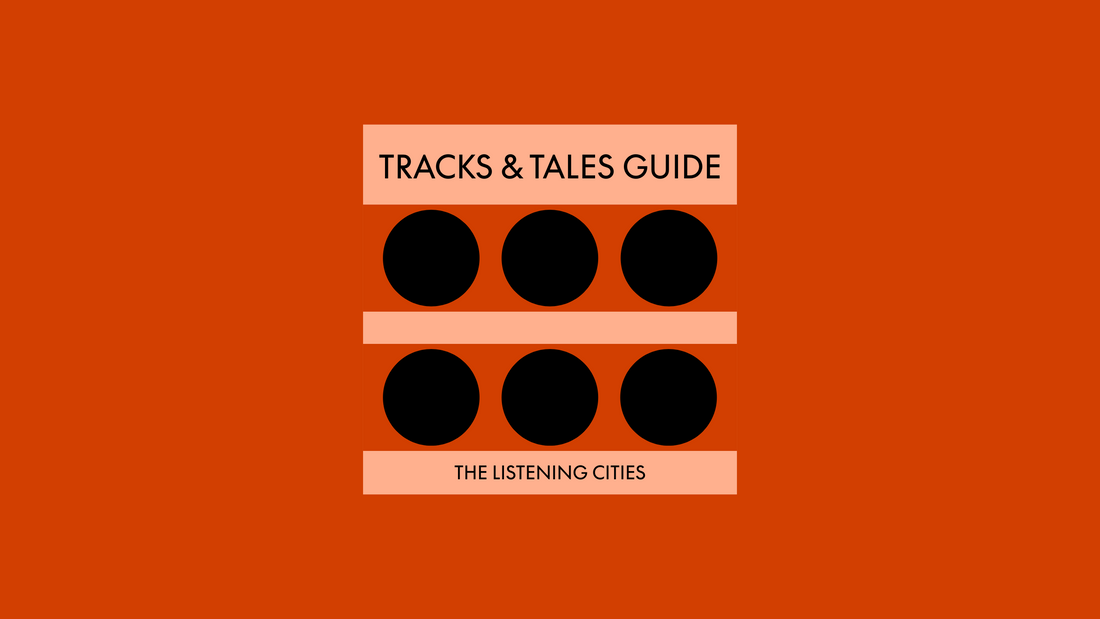
Beirut: Listening Bars — Resilience, Memory, and Sonic Refuge
By Rafi Mercer
Beirut is a city where sound carries weight. The Mediterranean hums against Corniche rocks, car horns fill Hamra streets, and church bells overlap with the call to prayer. War left its echoes too — silence where music once was, songs that became emblems of survival. Yet Beirut has always rebuilt, and always through culture. Its nightlife is legendary, not for forgetting but for insisting on presence. Within this context, listening bars emerge as sanctuaries: intimate rooms where vinyl spins like memory, where fidelity offers both focus and refuge.
The roots lie in Lebanon’s musical golden age. In the 1960s and 70s, Beirut was the region’s cultural hub: Fairuz, Rahbani compositions, Ziad Rahbani’s jazz-inflected experiments. Vinyl pressed at the time travelled widely and has since become a source for DJs and collectors. Even through conflict, record shops like Music Hall and more recently Fading Frontier Records preserved archives. Alongside this, Beirut’s reputation for nightlife — from underground clubs like BO18 to rooftop bars overlooking the sea — shaped an audience already tuned to sound.
Notable listening-led spaces include Anise, a small bar in Mar Mikhael known for its warm vinyl sessions, where Mediterranean aperitifs and jazz records meet. Onomatopoeia, a music hub and café, often transforms into a listening space, hosting curated evenings across genres. Informal hi-fi corners also appear in Gemmayzeh and Hamra, sometimes in restaurants or apartments doubling as bars — improvised but deeply intentional.
What defines Beirut’s listening bars is their resilience and intimacy. Systems may be modest — Technics turntables, tube amps, vintage speakers — but the care is meticulous. Rooms are small, often candlelit, layered with art and books, their atmosphere closer to a salon than a nightclub. Patrons talk, laugh, debate, but when a record plays — a Fairuz classic, a Coltrane cut, a deep Ethiopian groove — the space leans inward.
Curation reflects Beirut’s hybridity. Arabic jazz, Levantine folk, and golden-age Lebanese pop sit beside funk, Afrobeat, and European electronic records. The soundtracks are conversations between East and West, nostalgia and experimentation, survival and renewal.
Globally, Beirut matters because it shows how the listening bar thrives in cities of resilience. These are not luxury projects but cultural anchors: spaces where fidelity provides clarity, where listening becomes communal care.
Sit in Anise on a humid evening, arak in hand, as a Ziad Rahbani track dissolves into a Bill Evans trio, and you understand Beirut’s voice. Listening here is not escape but insistence — sound as survival, memory, and intimacy.
Rafi Mercer writes about the spaces where music matters. For more stories from Tracks & Tales, subscribe here, or click here to read more.














